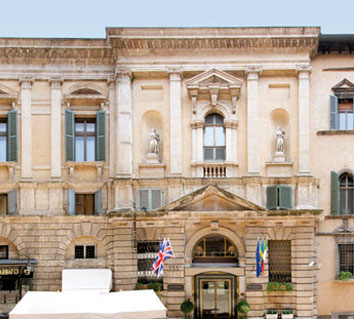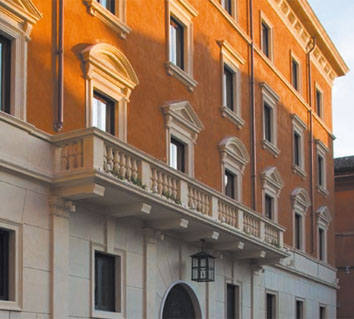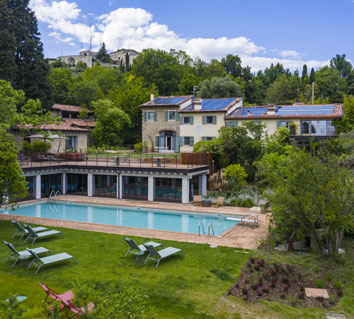
The Accademia hotel **** offers tradition, comfort and a pleasant service. It is situated in the historical town centre, only 100 metres away from the Arenas, in a very quiet street, perpendicular to the famous Via Mazzini, symbol of the elegance and the luxury of Verona…
More informations and photos…


